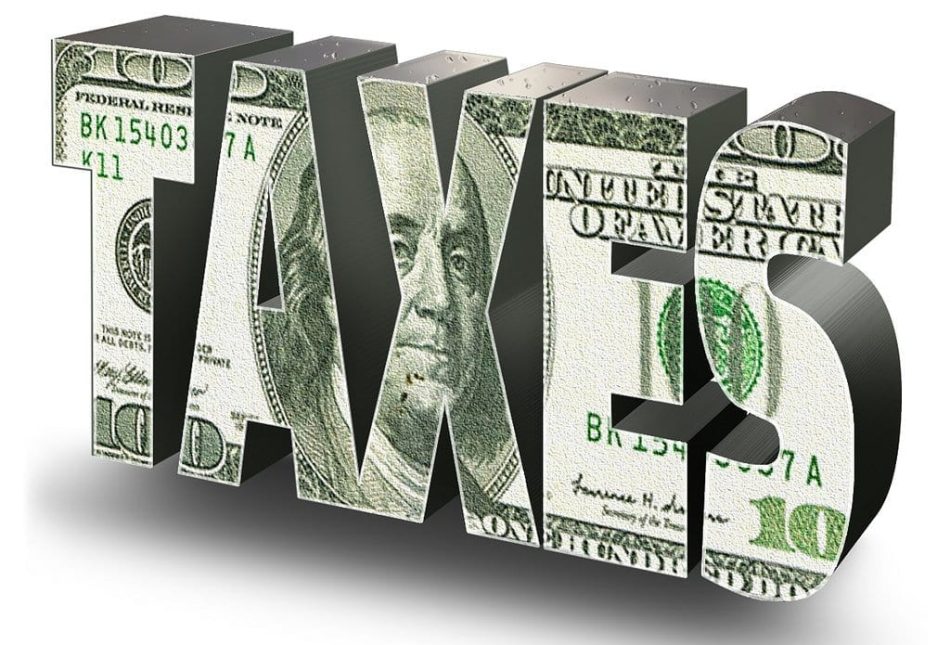Forever Is Too Long for City Transit Tax

Robert P. Robeda of Keep Albuquerque Moving argued recently on these pages that extending the quarter-cent transportation tax this November is a “must” for the city. In his article, he rebuts a series of arguments supposedly put forth by opponents of the tax.
While it would be hard to quibble with the fact that increased spending on transportation has not improved mobility in Albuquerque, Mr. Robeda does not mention any tradeoffs associated with voter approval of the tax extension or potential issues with the tax that voters might want to consider first.
There are indeed tradeoffs. First and foremost, Robeda makes the simplistic argument that “the quarter-cent Transportation Program costs 25 cents on every $100 dollar purchase.” This would be the case if Albuquerque and the state of New Mexico charged a simple sales tax rate, but our gross receipts tax is not at all like a sales tax.
Unlike Texas’ sales tax, for example, New Mexico’s gross receipts tax covers everything (including services). And unlike nearly all other states, New Mexico also taxes business-to-business transactions. The overall effect is somewhat hidden because taxes are charged on top of taxes in a process called “tax pyramiding.” The fact is that a quarter-cent tax is more than just a tax hike of 25 cents on a $100 purchase.
Regardless of the aforementioned point, it is estimated that the quarter-cent tax will increase local tax collections by $35 million annually. Unlike the previously-passed 1/4 cent tax, if approved by voters, this tax would be permanent. Voters should wonder why they are not being asked for just another 10-year extension since the previous tax supposedly worked so well. Making this tax permanent takes taxpayers out of the picture, a convenient solution for politicians but a foolish move for taxpayers.
Another issue with this particular tax hike is that it over-invests in transit and bike trails at the expense of roads and road maintenance. A total of 41 percent of the money collected under this tax will be allocated to transit or bikes. Though the vast majority of people do not and will never get around town on buses and bikes, the funding structure contained in the ballot measure language will enshrine these lopsided percentages into law permanently, thus leading to relative over-investment in those modes.
Regardless of exactly how these additional resources are allocated, it should be noted that local taxpayers are already paying higher taxes to fund a variety of transit projects. As of this past July, the gross receipts tax rate rose 1/8 cent to pay for the Rail Runner and a variety of bus services that feed passengers to it. Additional spending on any good or service — no matter how important it may be — inevitably results in diminishing returns. The Rail Runner, with its increasing operating deficits, may be at that point already.
When voters head to the polls over the next few weeks, they must ask themselves not just whether they want to see transportation improved. We all want more and better in a world of limited resources. Instead, voters should ask themselves whether additional transportation spending is the single best use of $35 million annually. Or, might we be better off leaving $35 million in the hands of taxpayers and small businesspeople who are dealing with one of the worst economic downturns in modern history?
Even if our transportation network suffers, as Mr. Robeda says it will, without the $35 million, the nice thing about a democracy is that voters and their elected officials can always come back at a later date. But if we make the transit tax increase permanent, we will be forever stuck with a bad decision.
Paul Gessing is president of the Rio Grande Foundation, an independent, non-partisan, tax-exempt research and educational organization dedicated to promoting prosperity for New Mexico based on principles of limited government, economic freedom and individual responsibility.

